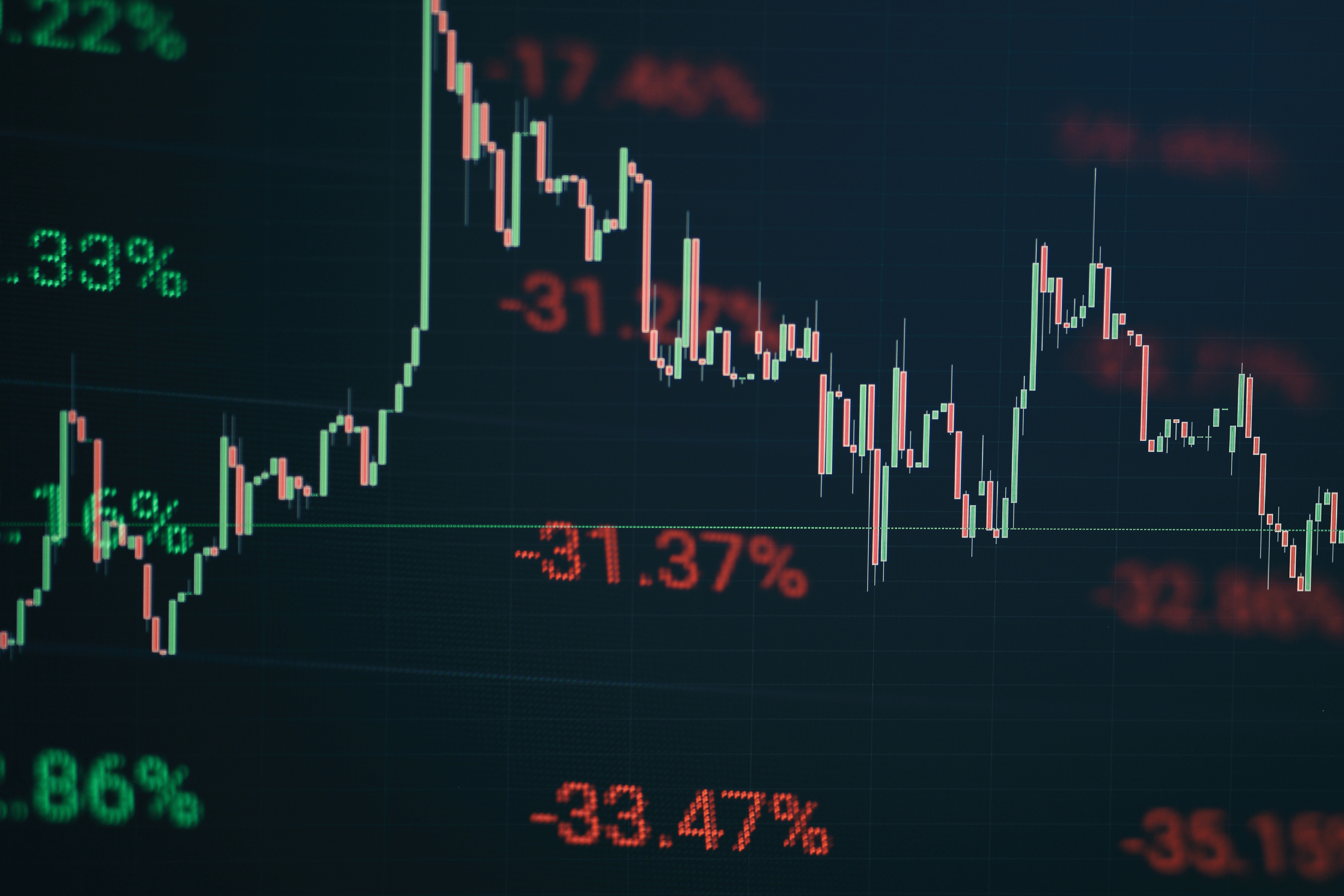During Market Volatility, Be Extra Careful Of What You Choose To Invest In

In these volatile times, it's vital to be smart and strategic with your investments. When markets are fluctuating, the temptation to kneejerk into action is always there - but let emotions overrule your rational decision-making and you could find yourself making poor decisions.
The fact is, economic markets follow a boom-and-bust cycle around the globe. Yes, the underlying drivers may change - recession, war, technological advancement, natural disasters - but the nature of the financial markets is to fluctuate, sometimes wildly.
The media exists to sell column inches and advertising, and it does this by engaging our emotions. When we read about inflation, volatility and the prospect of falling property prices, many people will jump online, log into their online investment and trading accounts and take immediate action.
But investments must be chosen carefully to perform in the longer term. Whatever is happening in the marketplace, the foundations of sound financial planning and investment for the longer term still run true. When you make an investment, you should do so according to a strategy. When you buy or sell a holding, your position must be driven by a clearly-defined objective. Make a hasty move in response to a news headline and you'll invariably lose out.
Why? Economic theory holds that stock markets price in all available market information on a minute-by-minute basis - so you can't beat them by acting on something you've seen in the news. In short, you can't outrun the market by responding to a headline. Sell in a panic, and you will find that other, calmer heads, are all too ready to buy your hastily disposed-of holdings! And they'll hold on to them until those dividends and capitalisation figures are healthy once again!
For retirees
Every investor has their own goals, appetite for risk and timescales. For those who are looking to save for retirement, inflation and volatility in the markets can pose a significant problem. Rising prices certainly mean that some clients are facing the need to withdraw more, or face a lower standard of living. But if you make large withdrawals in a falling market, you can lock in those losses.
Should you invest in bonds to reduce volatility? Bonds are secure, but they are basically one step up from cash and don't address inflation. One option is to use cash to fund the initial phase of your retirement, and to address short-term volatility, but for most people, the answer will be to accept a higher degree of investment risk to significantly improve sustainable withdrawal rates.
The help you need
Integritas is here to help you to make sound, considered and sensible financial planning decisions for the longer term. Our team of professional investors and IFAs will help you make decisions that work for your goals and provide you with financial peace of mind. We do the hard work for you; carrying out background checks, research and deal-making to build a sound portfolio that will perform in the long term. And when markets are volatile, we are here to help you ride them out, find alternative strategies and rebalance.
Get help from the experts and secure your financial future with total peace of mind. Click here to find out more!
Image source: Canva







